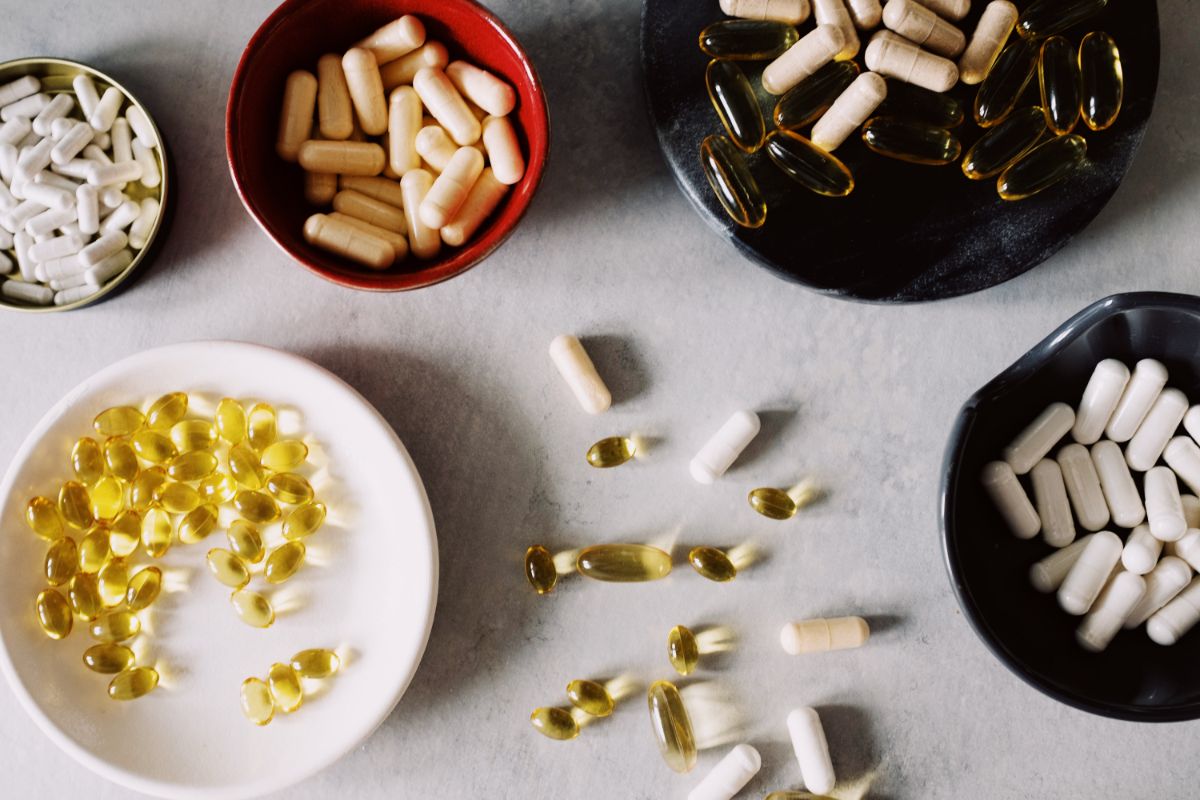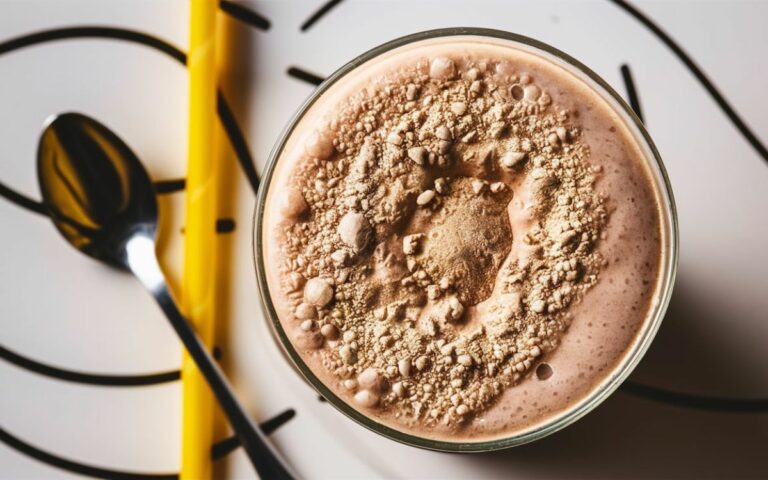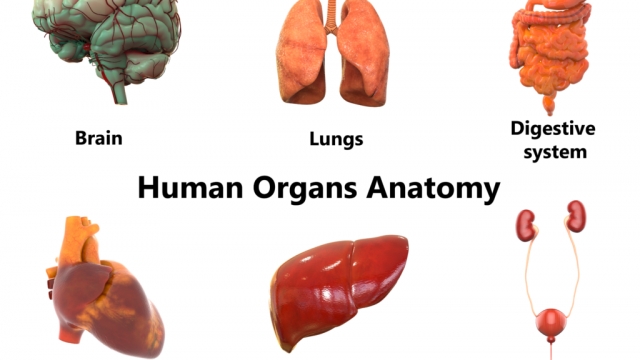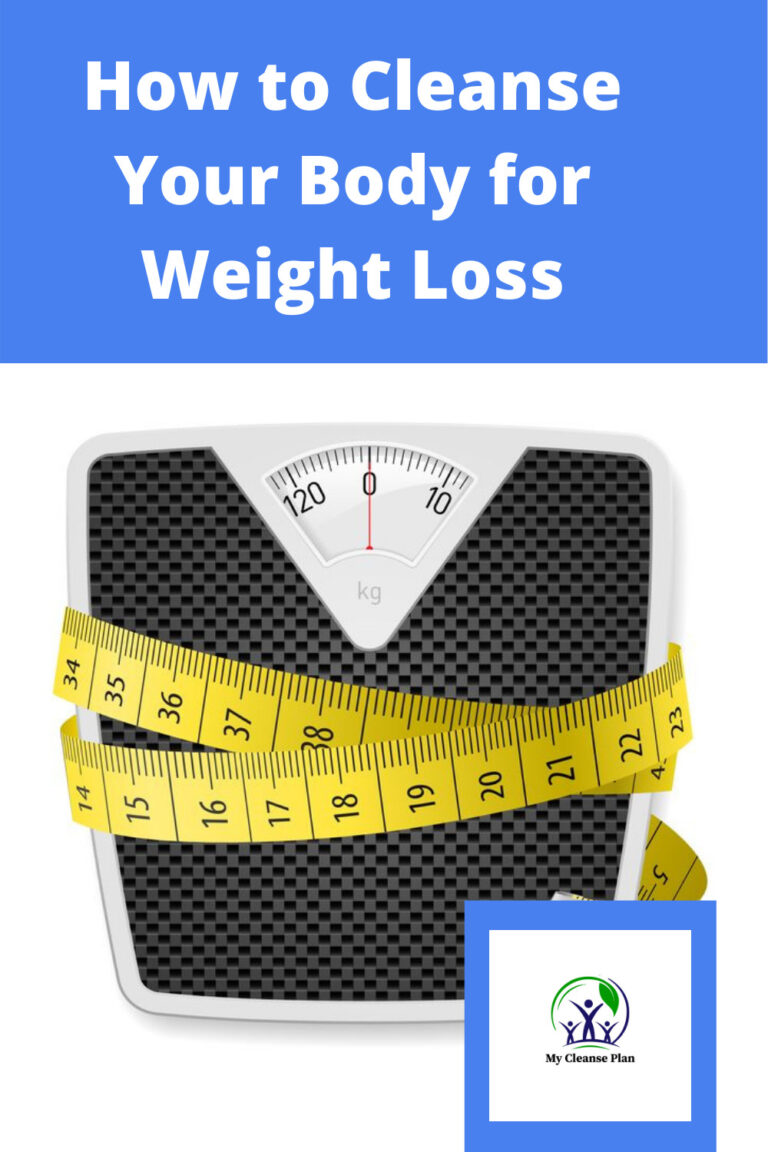What Are The Benefits Of Vitamin B12 When Detoxing From Alcohol?
Detoxing from alcohol is not a pleasant experience and should be done under medical advice and supervision.
But what can the individual do to help themselves in this situation? And what are the benefits of vitamin B12 when detoxing from alcohol?
We look at what B12 is, its benefits when detoxing and the causes and effects of its deficiency in those suffering from alcohol abuse.
We’ll also examine alcohol withdrawal syndrome, the detoxification process and find out what else will help when detoxing.
What Is B12?
B12 is one of the B vitamins and is also known as cobalamin. This is a coenzyme molecule which is essential for many biochemical processes including the production of DNA, RNA, neuron cell myelin, neurotransmitters and cell division.
Many enzymes rely on B12 in order to function normally. Of the four types of cobalamin only two of them are biologically active. It bears the name cobalamin because it contains the rare element cobalt.
The manufactured form of B12 is called cyanocobalamin as it also contains a cyanide molecule.
In our bodies vitamin B12 is produced by the flora in our colon, but the body cannot absorb it. So we need to get it from our food such as meat and fortified grains.
Large amounts of B12 can be stored in the liver, and it can take many years for a deficiency to become apparent. Deficiency can happen due to poor dietary intake or because of malabsorption by the gastrointestinal tract.
There are many reasons for malabsorption including low gastric acid, gastric bypass surgery or lack of the binding protein intrinsic factor.
Related Article: How To Detox Anesthesia From Your Body
Causes & Effects Of B12 Deficiency
There are many reasons why heavy use of alcohol can cause a B12 deficiency. The diuretic effect of alcohol means that B12 is excreted in the increased urine output. Alcohol also damages the lining of the gut making the absorption of B12 more difficult.
The environment needed in the gut to absorb B12 is severely compromised by the ingestion of excessive amounts of alcohol.
The damaged gut also produces strains of bacteria that consume the B12 before the body gets a chance to absorb it.
Most alcoholics are bad at eating nutritious meals and so do not get the B12 from their diet as others do.
The process of detoxifying alcohol that the liver is preoccupied with means it cannot process the vitamins and minerals that the body needs Mycleanseplan.
The symptoms of B12 deficiency include;
- Fatigue
- Weakness
- Impaired short term memory
- Confusion
- Low blood pressure
- Dizziness
- Low appetite
- Tingling and numbness
It is often the case that a blood serum level of a heavy drinker will show high levels of B12.
Rather than being a sign of optimal levels of this vitamin it means that the liver is so overworked by detoxifying alcohol that it kicks the B12 out into the bloodstream.
Related Article: How You Can Detox Your Sleep Routine and Get Better Quality Sleep
What Is Alcohol Withdrawal Syndrome?
When someone who has been drinking alcohol excessively and then stops suddenly it can have serious health consequences.
Their body has become accustomed to the amount of alcohol and develops a dependency on it.
Significantly reducing the amount of alcohol entering the body causes the drinker’s brain chemistry to change.
This causes withdrawal symptoms such as nausea, headache, visual disturbances and in extreme circumstances, seizures.
Those who are dependent on alcohol will also have vitamin deficiencies including for B12.
This impacts several vital bodily processes and can cause severe damage to the body if not rectified. Serious vitamin B12 deficiency can even cause death.
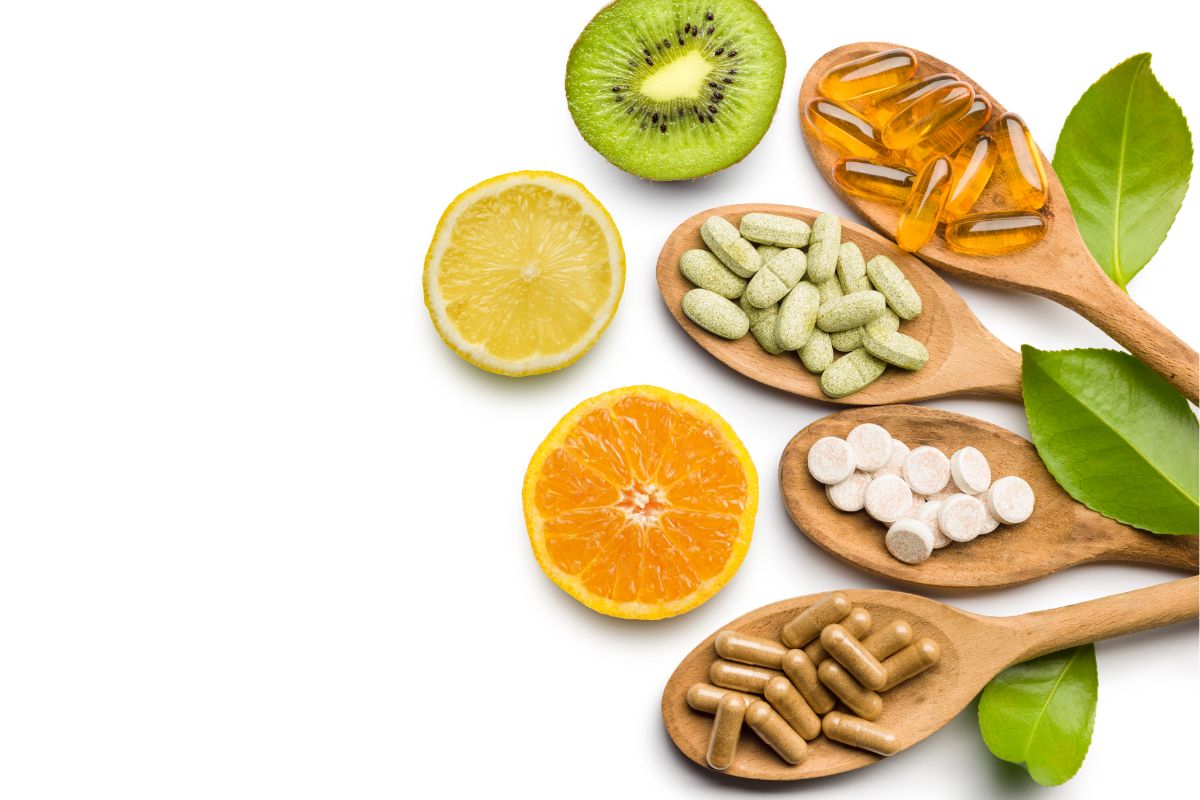
Related Article: What Toxins Are Released After Massage And Do You Need One
Benefits Of Vitamin B12 When Detoxing From Alcohol
Restoring the levels of B12 in the body following the cessation or significant reduction of alcohol consumption will aid the detoxifying process.
Cobalamin or B12 is necessary for the generation of new red blood cells, DNA repair, brain health, healthy metabolism and short term memory. All of these things will have been impacted when someone drinks heavily.
As alcoholism and B12 deficiency go hand in hand getting the vitamin levels back to normal is an important part of the detox process.
The damage done to the gut lining through excess alcohol intake means that the body may contain high B12 levels, but it is unable to process it.
Having the vitamin in the bloodstream is not the same as it being biologically available.
Restoring the levels by taking supplements in the form of shots or capsules will mean that when the detox is done there will be sufficient stores of B12 for the body to then absorb.
As this vitamin is a powerful biochemical repair it will aid the gastrointestinal tract to heal and thus allow it to begin absorbing B12 and other nutrients once more.
Repairing the damage done to bodily systems by alcohol abuse will speed the recovery of the individual and should make the recovery process less arduous.
Related Article: Can You Drink Coffee On A Cleanse
Detoxification Process
Detoxifying the body means removing toxins or harmful substances. The process of detoxing from alcohol is typically done under medical supervision particularly for those who are long term and heavy abusers of alcohol.
The alcohol will have changed their brain chemistry as well as damaging organs and processes in the body.
For this reason it is important that the detox is done in an environment where there is access to medical help.
Symptoms of withdrawal will appear around 6 hours after the last drink and can present as headache, tremors, nausea, insomnia or anxiety. Within 24 hours individuals may experience visual, auditory or sensory hallucinations.
At 48 hours the risk of seizures is at its highest for some individuals. Between 48 and 72 hours individuals may continue to have hallucinations, be confused or agitated.
The timeline is not absolute and will depend on each individual’s extent and duration of alcohol abuse. The symptoms will also vary in severity from person to person mycleanseplan.
Further Help During Alcohol Detox
Vitamin B12 is not the only vitamin that suffers deficiency when someone drinks alcohol excessively. Replenishing these other vitamins and nutrients will help with the recovery and detoxification process.
Vitamin B1
Restoring levels of B1, or thiamine as it is also known, is vital to a physical recovery from alcohol abuse. B1 is responsible for converting food into energy so the nerves, muscles, heart and brain all need it.
Like B12 the absorption of B1 is impinged by excessive alcohol and can result in brain damage, heart failure and loss of appetite. Taking B1 during detox helps the body to heal.
Folic Acid
Folic acid helps the body produce new cells which is important during detox. It may also help the body fight the alcohol-related damage and risk of related chronic diseases such as heart disease and cancer.
Zinc
Zinc aids the body’s immune function, fights off viruses and bacteria, aids wound healing and plays an important part in DNA synthesis.
Those with alcohol addiction have a deficiency of zinc and so restoring levels during detox is important and can help recovery.
Diet
A healthy diet during detoxing from alcohol can only benefit the individual and is encouraged.
Explore Also:
Creativehouseblog
Dietsheriff
Gigasecurehome
Final Thoughts
We hope this guide to the benefits of B12 when detoxing from alcohol has been helpful for you.
Other Posts To Read
Full Body Detox: 9 Ways To Rejuvenate Your Body
How You Can Detox Your Sleep Routine and Get Better Quality Sleep

